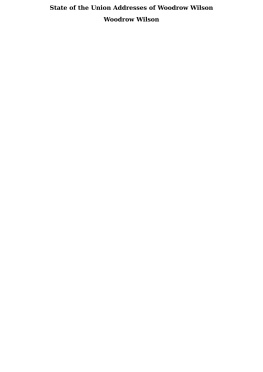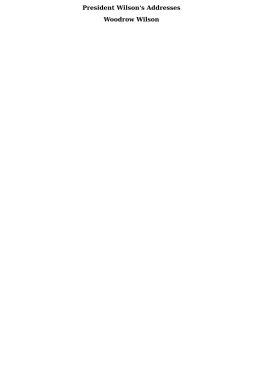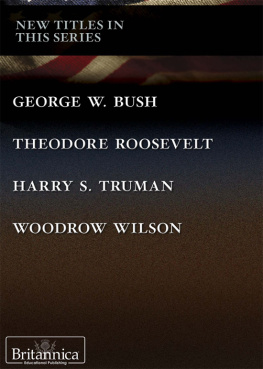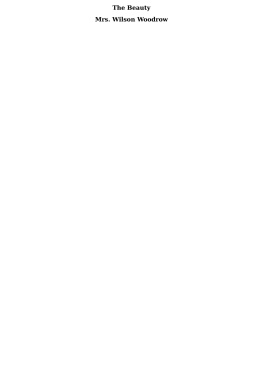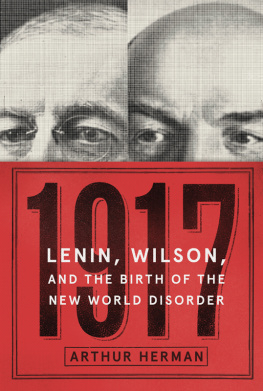Spotlight
Spotlight Books
57 Gloucester Road
CLAPHAM
MK41 6ZS
With honour of the Liam Patel
Online publishing centre.
Published in the UK by Spotlight Books, Clapham.
Spotlight Books 2020
The moral rights of the authors have been asserted
Database right Spotlight Books.
This book is located in the public domain.
All rights reserved. No part of this publication may be reproduced, stored in a retrieval system, or transmitted, in any form or by any means, without the prior permission in writing of Spotlight Books, or as expressly permitted by law, or under terms agreed with the appropriate reprographics rights organization. Enquiries concerning reproduction outside the scope of the above should be sent to the Rights Department, Spotlight Books, at the address above. http://www.spotlightBooks.xyz
You may also visit our contact page for more information regarding supporting the project.
You must not circulate this book in any other binding or cover and you must impose the same condition on any acquirer.
Data available
Ebooked in the UK
ISBN 10: 599892269
ISBN 13: 9780599892262
State of the Union Address
Woodrow Wilson
December 2, 1913
Gentlemen of the Congress:
In pursuance of my constitutional duty to "give to the Congress information of the state of the Union," I take the liberty of addressing you on several matters which ought, as it seems to me, particularly to engage the attention of your honorable bodies, as of all who study the welfare and progress of the Nation.
I shall ask your indulgence if I venture to depart in some degree from the usual custom of setting before you in formal review the many matters which have engaged the attention and called for the action of the several departments of the Government or which look to them for early treatment in the future, because the list is long, very long, and would suffer in the abbreviation to which I should have to subject it. I shall submit to you the reports of the heads of the several departments, in which these subjects are set forth in careful detail, and beg that they may receive the thoughtful attention of your committees and of all Members of the Congress who may have the leisure to study them. Their obvious importance, as constituting the very substance of the business of the Government, makes comment and emphasis on my part unnecessary.
The country, I am thankful to say, is at peace with all the world, and many happy manifestations multiply about us of a growing cordiality and sense of community of interest among the nations, foreshadowing an age of settled peace and good will. More and more readily each decade do the nations manifest their willingness to bind themselves by solemn treaty to the processes of peace, the processes of frankness and fair concession. So far the United States has stood at the front of such negotiations. She will, I earnestly hope and confidently believe, give fresh proof of her sincere adherence to the cause of international friendship by ratifying the several treaties of arbitration awaiting renewal by the Senate. In addition to these, it has been the privilege of the Department of State to gain the assent, in principle, of no less than 31 nations, representing four-fifths of the population of the world, to the negotiation of treaties by which it shall be agreed that whenever differences of interest or of policy arise which can not be resolved by the ordinary processes of diplomacy they shall be publicly analyzed, discussed, and reported upon by a tribunal chosen by the parties before either nation determines its course of action.
There is only one possible standard by which to determine controversies between the United States and other nations, and that is compounded of these two elements: Our own honor and our obligations to the peace of the world. A test so compounded ought easily to be made to govern both the establishment of new treaty obligations and the interpretation of those already assumed.
There is but one cloud upon our horizon. That has shown itself to the south of us, and hangs over Mexico. There can be no certain prospect of peace in America until Gen. Huerta has surrendered his usurped authority in Mexico; until it is understood on all hands, indeed, that such pretended governments will not be countenanced or dealt with by-the Government of the United States. We are the friends of constitutional government in America; we are more than its friends, we are its champions; because in no other way can our neighbors, to whom we would wish in every way to make proof of our friendship, work out their own development in peace and liberty. Mexico has no Government. The attempt to maintain one at the City of Mexico has broken down, and a mere military despotism has been set up which has hardly more than the semblance of national authority. It originated in the usurpation of Victoriano Huerta, who, after a brief attempt to play the part of constitutional President, has at last cast aside even the pretense of legal right and declared himself dictator. As a consequence, a condition of affairs now exists in Mexico which has made it doubtful whether even the most elementary and fundamental rights either of her own people or of the citizens of other countries resident within her territory can long be successfully safeguarded, and which threatens, if long continued, to imperil the interests of peace, order, and tolerable life in the lands immediately to the south of us. Even if the usurper had succeeded in his purposes, in despite of the constitution of the Republic and the rights of its people, he would have set up nothing but a precarious and hateful power, which could have lasted but a little while, and whose eventual downfall would have left the country in a more deplorable condition than ever. But he has not succeeded. He has forfeited the respect and the moral support even of those who were at one time willing to see him succeed. Little by little he has been completely isolated. By a little every day his power and prestige are crumbling and the collapse is not far away. We shall not, I believe, be obliged to alter our policy of watchful waiting. And then, when the end comes, we shall hope to see constitutional order restored in distressed Mexico by the concert and energy of such of her leaders as prefer the liberty of their people to their own ambitions.
I turn to matters of domestic concern. You already have under consideration a bill for the reform of our system of banking and currency, for which the country waits with impatience, as for something fundamental to its whole business life and necessary to set credit free from arbitrary and artificial restraints. I need not say how earnestly I hope for its early enactment into law. I take leave to beg that the whole energy and attention of the Senate be concentrated upon it till the matter is successfully disposed of. And yet I feel that the request is not needed-that the Members of that great House need no urging in this service to the country.
I present to you, in addition, the urgent necessity that special provision be made also for facilitating the credits needed by the farmers of the country. The pending currency bill does the farmers a great service. It puts them upon an equal footing with other business men and masters of enterprise, as it should; and upon its passage they will find themselves quit of many of the difficulties which now hamper them in the field of credit. The farmers, of course, ask and should be given no special privilege, such as extending to them the credit of the Government itself. What they need and should obtain is legislation which will make their own abundant and substantial credit resources available as a foundation for joint, concerted local action in their own behalf in getting the capital they must use. It is to this we should now address ourselves.

